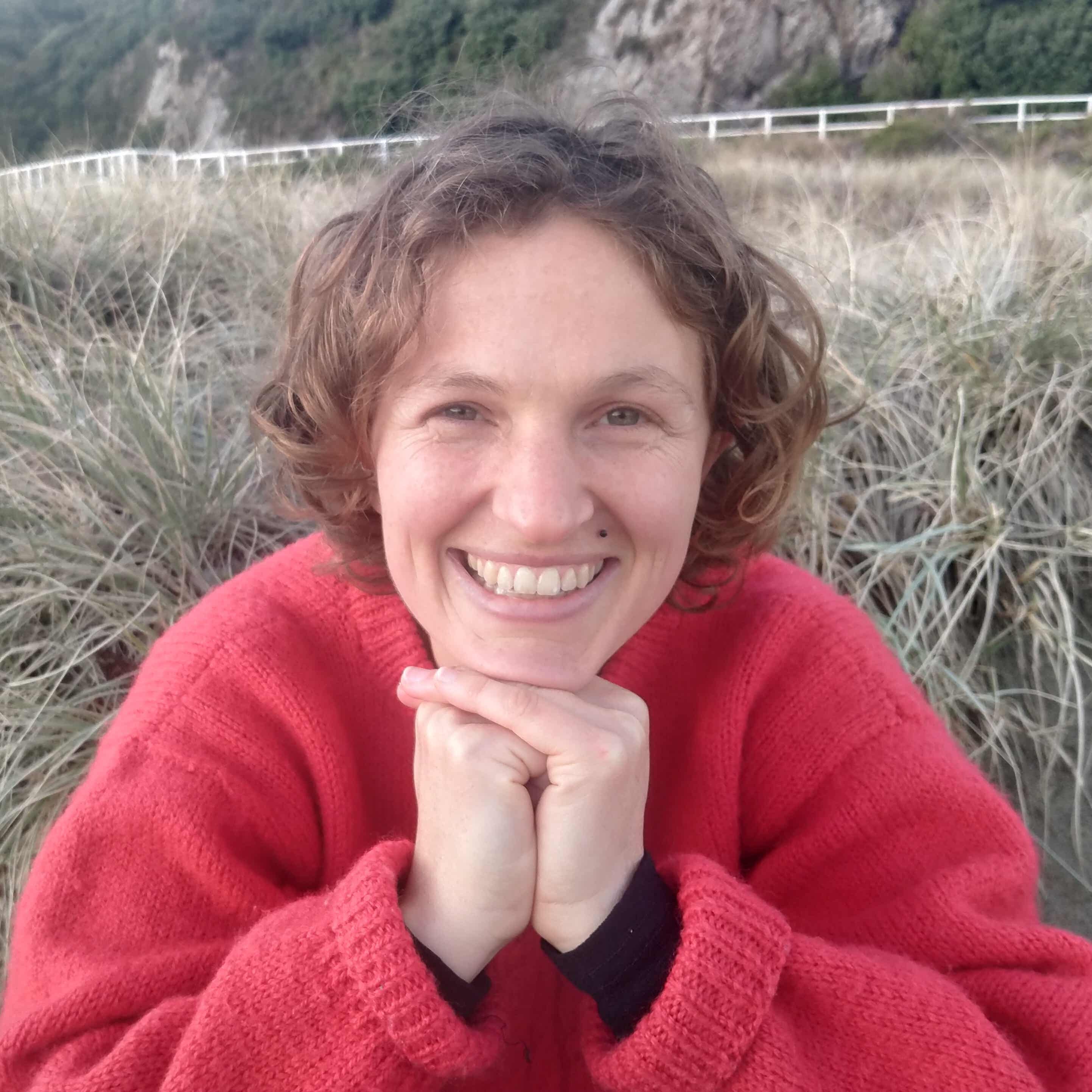A home with an open door
Description
I’m very excited to share this conversation with 19 year old activist and student, Anika Green. She grew up in an inner city Christian community called Stillwaters in Te Whanganui a Tara which aims to provide a space of belonging, transformation and faith for anyone who needs it. In her childhood home she was surrounded by all kinds of people who loved and cared for her, including homeless people, gang members, sex workers and refugees. She never learnt to view these people through a lens of difference. By hearing their stories and sharing in their grief and joys she learnt about issues of poverty, discrimination and injustice in a very personal and immediate way. By the age of four she was already a passionate advocate for social justice and her commitment has only grown since then.
I used to visit the Stillwaters community when I was at university for the dinners and services they hosted every Friday and Sunday evening. I remember feeling like I’d come across a warm cave in a bleak landscape when I stepped inside. I was moved by the warmth and generosity with which everyone came together to eat, sing, laugh and chat. The experience cut through a sense of isolation in my life. It was refreshing and nourishing to get out of my bubble.
In this conversation with Anika we explore the economics of her childhood home - how they afforded to feed so many people every week, where the energy and resources came from and how they balanced the needs of their family with those of the community. She told me about the home she’s creating for herself with other young students and her vision for how homes with open doors could provide the belonging and dignity people need to thrive.
I was particularly struck by one thing Anika said:
“When you know you’re loved and belong, it’s easy to be selfless.”
To me, this statement speaks to the heart of economic system change. The Good Energy Project has taught me that alternative economic systems which honour the planet and people are possible - but they require a profound shift in the way we relate to each other. As Bryan Ines pointed out in our conversation last year, we need to re-learn how to work together.
Talking with Anika, I had the sense that she lives in a wider field to other people. She has a huge capacity for service and connection because she receives so much from the people around her. She lacks the barriers, fears and indoctrinated ideas that cause other people to shut down.
This conversation spurred some deep reflections of my own sense of belonging and my capacity to open my door and welcome people in. This has been both inspiring and confronting. I don’t think I could live in a home with an open door as Anika does at this stage. I don’t feel I have the capacity, the skills to establish healthy boundaries or a deep enough sense of belonging to draw on. But I feel deeply inspired by the openness and generosity Anika shows and I want to engage in the slow work of opening up and connecting across difference.
It strikes me that unless we find pathways to belonging and ways to heal our own sense of displacement and shame, we won’t have the capacity to show up for each other or the planet.
Get full access to The Good Energy Project at thegoodenergyproject.substack.com/subscribe
More Episodes
Jessica is a kaupapa Māori researcher, author and advocate as well as being a farmer. She is the director and founding trustee of the Papawhakaritorito Charitable Trust which is all about decolonising our food systems and restoring indigenous food sovereignty. She lives with her wife Jo Smith...
Published 10/29/24
Published 10/29/24
When Simone Woodland dreamed up the idea of creating a co-housing village, she didn’t imagine she’d have to become a developer to make it happen. Simone moved to Aotearoa from the UK in 2018 as a Sir Edmund Hillary Fellow, on a visa programme specifically designed for social entrepreneurs like...
Published 08/26/24


